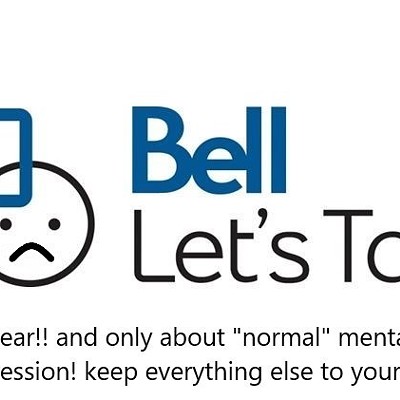
The biggest turnover in the October 15 municipal vote happened at the nearly invisible level of local government—the Halifax Regional School Board. Elected school board members are so low-profile that mainstream Nova Scotia news outlets virtually ignore the races, even in Halifax, home to the largest school board in Atlantic Canada.
Nine elected school board members oversee a $434 million budget with 137 schools, 48,000 students and some 5,000 staff. One-third of the elected “school trustees” were acclaimed, but—in the competitive contests—four newcomers were elected for four-year terms. The four newly elected HRSB members also happen to be a pretty accurate reflection of the city’s diversity. Archy Beals upset board chair Melinda Daye to take the African-Nova Scotian seat; Jennifer Raven toppled Steve Warburton in Bedford-Wentworth; Suzy Hansen defeated Christy Linders in Halifax North-West/Clayton Park; and Linda MacKay claimed the Armdale-Spryfield seat vacated by Sheryl Blumenthal-Harrison.
Much of the post-election hand-wringing about low voter turnout made little or no reference to the school board elections. That’s very strange because the problem is even more acute at the school board level. With election turnout dipping below 30 percent in HRM, you can be sure it’s half that for the down ballot school board positions.
Elected school boards are slowly dying, and the scant media coverage only further contributes to that erosion. We had triple the number of acclamations in Halifax from four years ago, and turnout was considered anemic back in 2012.
Surveying Nova Scotia’s eight school boards, 61 out of 97 school board positions (62.7 percent) were uncontested and settled by acclamation. Most of the acclamations to office are long-standing incumbents who have served, often unopposed, for three or more terms.
The Nova Scotia School Boards Association (NSSBA) 2016 campaign to drum up interest in school board elections was a complete bust. School board candidate information sessions—run by the NSSBA independent of Nova Scotia’s Department of Municipal Affairs, for some reason—netted fewer candidates than the last time. That glitzy website, schoolboardelections.ca, intended to showcase democratic vitality but merely advertised the extent of the “acclamation disease.”
Interest in running for school board seats is drying up and it could not have come at a worse time for those, like me, who still believe in local education democracy and legitimate public accountability.
To run for school board is to experience the loneliness of the long distance runner and, once elected, you become one of the faceless board members attached by an umbilical cord to the senior administration. Without term limits, veteran ‘boardies’ can and do serve three or more terms unopposed in elections.
David McKinnon’s May 2016 study of school district governance identified the nub of the problem—the “role ambiguity” that plagues elected board members and renders them completely ineffective.
Who represents the public in the P-12 school system is as clear as mud. Constrained by the current school board governance model, elected members occupy “no person’s land” and have been completely muzzled when it comes to speaking up for parents and local taxpayers.
Consolidating school administration, reforming education governance and establishing legitimate school-level governing councils may be the only way to revitalize local decision-making.
If elected boards are scrapped, the foreclosure sign will read “School board elections cancelled for lack of interest.” We have four years to get it right.

















